The Ministry of Health has just issued a circular regulating prescriptions and the prescription of pharmaceutical and biological drugs in outpatient treatment at medical examination and treatment facilities. The circular takes effect from July 1.
Including a list of diseases and groups of diseases that are eligible for outpatient prescriptions for more than 30 days.
The prescriber decides the number of days of use of each drug in the prescription based on the clinical condition and stability of the patient to prescribe the drug with the maximum number of days of use of each drug not exceeding ninety days.

Many chronic diseases requiring long-term treatment will be prescribed as outpatients for more than 30 days (Illustration: NP).
This list includes 252 diseases and groups of diseases belonging to 16 specialties such as cancer (breast cancer, non-small cell lung cancer, thyroid cancer), blood diseases (congenital hemolytic anemia, sickle cell disease, etc.), endocrine, nutritional and metabolic diseases (hypothyroidism, pituitary failure, diabetes, etc.), mental diseases, diseases of the nervous system, circulation, respiratory system, digestive system, skin, diseases of the musculoskeletal system, and connective tissue, etc.
This policy comes from the practical needs of patients, especially those living in remote areas, the elderly, and patients with difficulty traveling. Previously, Circular 52/2017 stipulated that the maximum outpatient prescription period was 30 days.
In addition, the circular also regulates the prescription of narcotic drugs to relieve pain for cancer patients.
The patient or the patient's representative writes a commitment to use addictive drugs. Each prescription is for a maximum of 30 days, and must specify 3 consecutive treatment periods on 1 prescription, each period not exceeding 10 days (clearly stating the start and end dates of the treatment period).
In case a cancer patient is at home and cannot go to a medical facility for examination, the patient must have confirmation that he/she needs to continue pain relief treatment with narcotic drugs from the Head of the health station of the commune, ward, or special zone where the patient resides, along with a summary of the medical record.
Source: https://dantri.com.vn/suc-khoe/tu-17-252-benh-duoc-ke-don-thuoc-ngoai-tru-tren-30-ngay-20250701151433016.htm


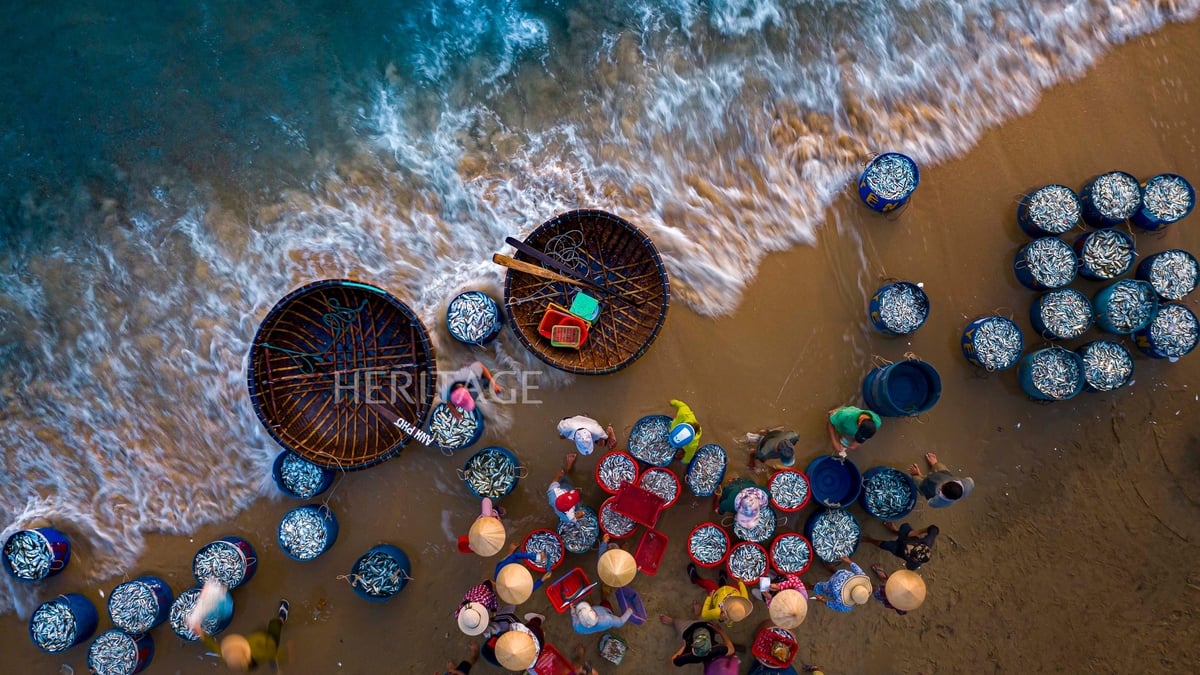

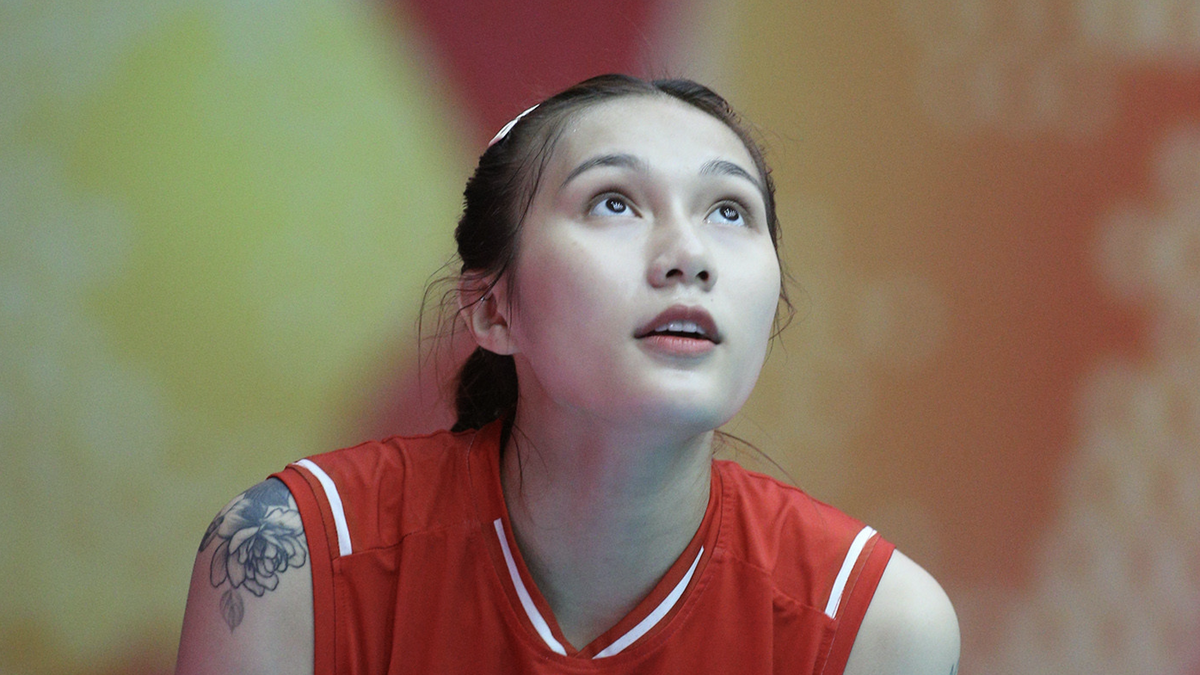



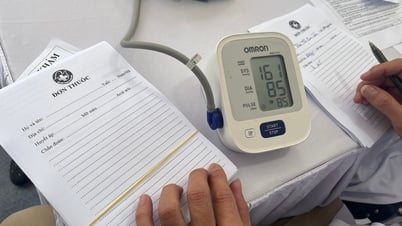

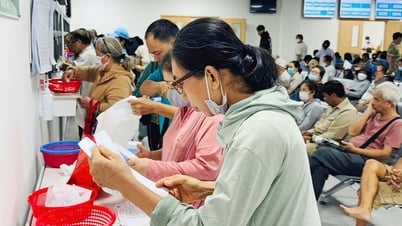




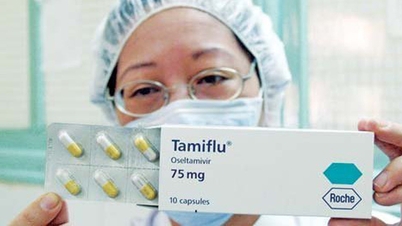



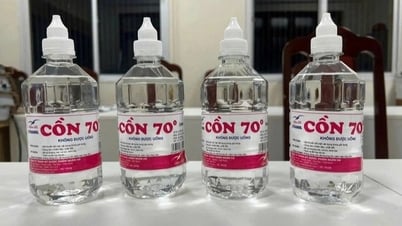


















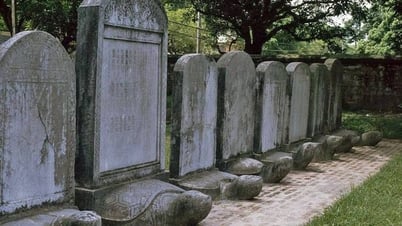

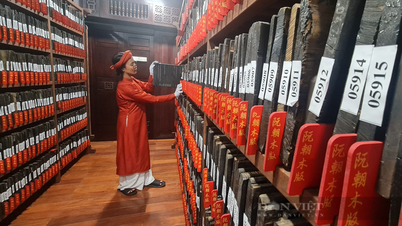













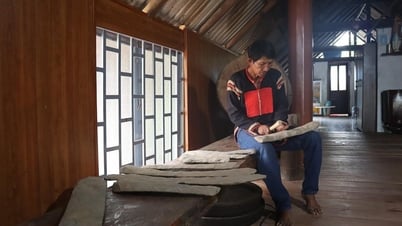

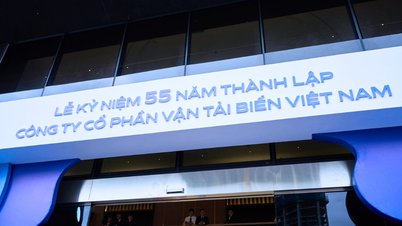









![[Photo] General Secretary To Lam attends the launch of 3 digital platforms serving the implementation of Resolution No. 57-NQ/TW](https://vphoto.vietnam.vn/thumb/402x226/vietnam/resource/IMAGE/2025/7/2/d7fb7a42b2c74ffbb1da1124c24d41d3)





































Comment (0)